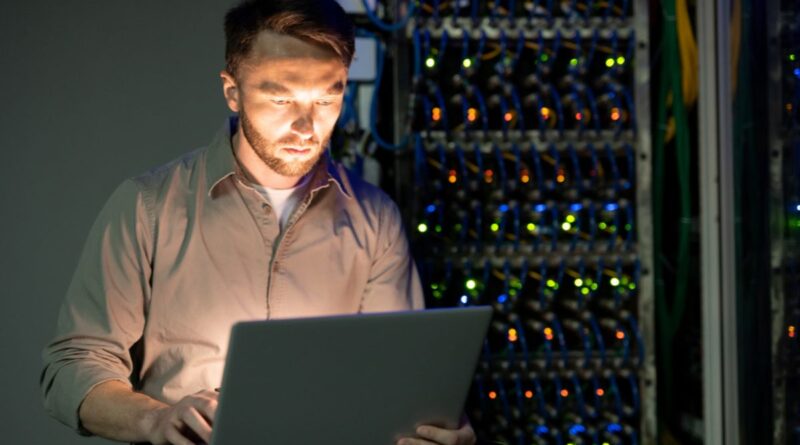Yes, WiFi administrators can see some information about your internet activity, but the level of visibility depends on various factors. With standard monitoring tools, they can view visited domain names, but usually not the specific content of encrypted (HTTPS) websites. However, network administrators have several tools at their disposal that can provide different levels of insight into your browsing habits. Let me explain how this works and what you can do to protect your privacy.
Spis treści:
What Can WiFi Administrators Actually See?
Network administrators can monitor several aspects of your internet activity. They can see the websites you visit through DNS requests, the amount of data you’re transferring, and the times you’re accessing the internet. However, if you’re using HTTPS (indicated by the padlock icon in your browser), they cannot see the specific pages you visit within a website or any information you submit through forms. For example, they might know you’re on Facebook.com, but they won’t see your private messages or which profiles you’re viewing.
Common Monitoring Tools and Methods
WiFi administrators typically use various tools to monitor network activity. Router logs provide basic information about connected devices and their data usage. More sophisticated network monitoring software can track bandwidth consumption, identify potential security threats, and generate detailed reports about network usage patterns. Some organizations also employ packet sniffers, which can capture and analyze network traffic in real-time, though this is less effective with encrypted connections.
Privacy Protection Methods
You can take several steps to enhance your privacy while using WiFi networks. Using a VPN (Virtual Private Network) encrypts all your internet traffic, making it much harder for administrators to see your online activities. Modern browsers’ private browsing modes, while not providing complete anonymity, can help prevent local tracking. Additionally, always ensure you’re connecting to websites using HTTPS, which provides basic encryption for your data transmission.
Legal and Ethical Considerations
Network administrators must follow specific legal guidelines when monitoring internet activity. In most countries, organizations must inform users about their monitoring practices, typically through acceptable use policies or network terms of service. Educational institutions and workplaces commonly monitor network activity for security purposes and to ensure compliance with their policies. However, they must balance security needs with user privacy rights and applicable data protection regulations.
Summary
While WiFi administrators can see certain aspects of your internet activity, their visibility is limited when you use encrypted connections. Understanding these limitations and implementing basic privacy measures can help you maintain a reasonable level of privacy while using shared networks. Remember that network monitoring typically serves legitimate security purposes rather than invading personal privacy.
